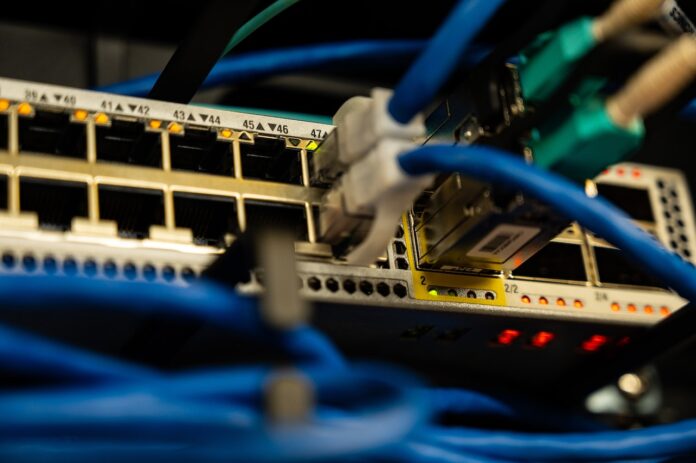Servers are computer hardware and software that provide functionality to other programs and devices. This type of architecture is known as the client-server model. There are several types of servers, including file servers, database servers, web servers, and application servers. Let’s discuss a few of them. The first type is the traditional file server.
File servers
File servers are computers that are attached to a network and provide shared disk access for workstations. It provides the workstations with the location of files that are stored on the server. Click here for more information. Files that reside on the server can be accessed by workstations from any workstation in the network. This makes them useful in networks where multiple users need access to a large number of files.
Typically, file computers store files and programs on the server. They control access to files and manage the number of concurrent users. They are often dedicated systems that are unused. The configuration of these systems is dependent on how many users need to access files at one time. In addition to the number of users, they also need enough working memory and processing power.
File computers are important for businesses and organizations because they allow multiple users to access files at the same time. By making it easier to access files, file computers free up valuable storage space in the repository. Many companies use file computers as central storage locations for internal company files. They are also used by websites to let visitors download content.
File computers can be accessed through a local network, but they can also be accessed remotely. This allows users to save files on the server when they are away from home. File computers are also important for collaboration between employees who work on different computers. File computers are a critical piece of technology for most companies and are essential for transferring large files.

Database servers
Database computers help organizations store and manage large amounts of information. They allow for data to be accessed and updated instantly, even across different networks. These computers are an essential part of any organization’s infrastructure, because they are the foundation for business processes.
These computers allow businesses to manage and protect their vital business records, as well as perform recovery of DBMS. They also provide centralized functionality, meaning that all tasks are performed in one location. Database computers are often used by large companies. While each database server has its own benefits, the general idea is to help companies manage data and reduce risks associated with data loss.
A database server is essential for organizations that handle large amounts of data. These servers allow for multi-user environments and concurrent access control, and provide centralized management of data. Moreover, these machines can be used to host and run websites. In addition, they can also be used to store and manage non-database files and applications.
When selecting database servers, businesses must consider the total size of their data and how many users are expected to access it. The more RAM a server has, the faster it will process information.
If a company is using multiple databases, the storage should be tier one SAN with a dedicated channel. Some database servers also allow for backups. However, these capabilities are only available in commercial versions of databases.
A database server is a type of hardware that runs database software. Using database software, database servers can store, update, and retrieve digital data. They also allow for regular backups and recovery.
Application servers
Application servers are software tools used to manage web applications. Click the link: https://en.wikipedia.org/wiki/Application_server for more information. They help you manage data and traffic and can help improve the performance of your web applications.
These software tools can also help you secure your web applications by providing scalability, session management, and asynchronous and synchronous client notifications. They make it easier to make changes and install security updates.
An application server is a piece of middleware that sits between thin clients and back end systems. It connects the various components of your website to data sources and provides hooks that allow you to view, update, and maintain data. These central computing machines also allow you to create dynamic content in your web pages or web applications.
An application server also helps your business manage marketing and administrative tasks. It allows you to track data and user engagement metrics in real time. For example, you can monitor how many times a certain page has been viewed and what kind of content that person has interacted with. By using an application server, you’ll be able to determine what content people are engaging with the most.
Application central computing machines have become a critical part of the modern application infrastructure. The proliferation of Internet of Things devices, BYOD policies, and the use of cloud platforms are just a few of the driving factors. These changes are driving the demand for better connectivity and operational efficiency. As these demands grow, the role of application central computing machines becomes more crucial.





